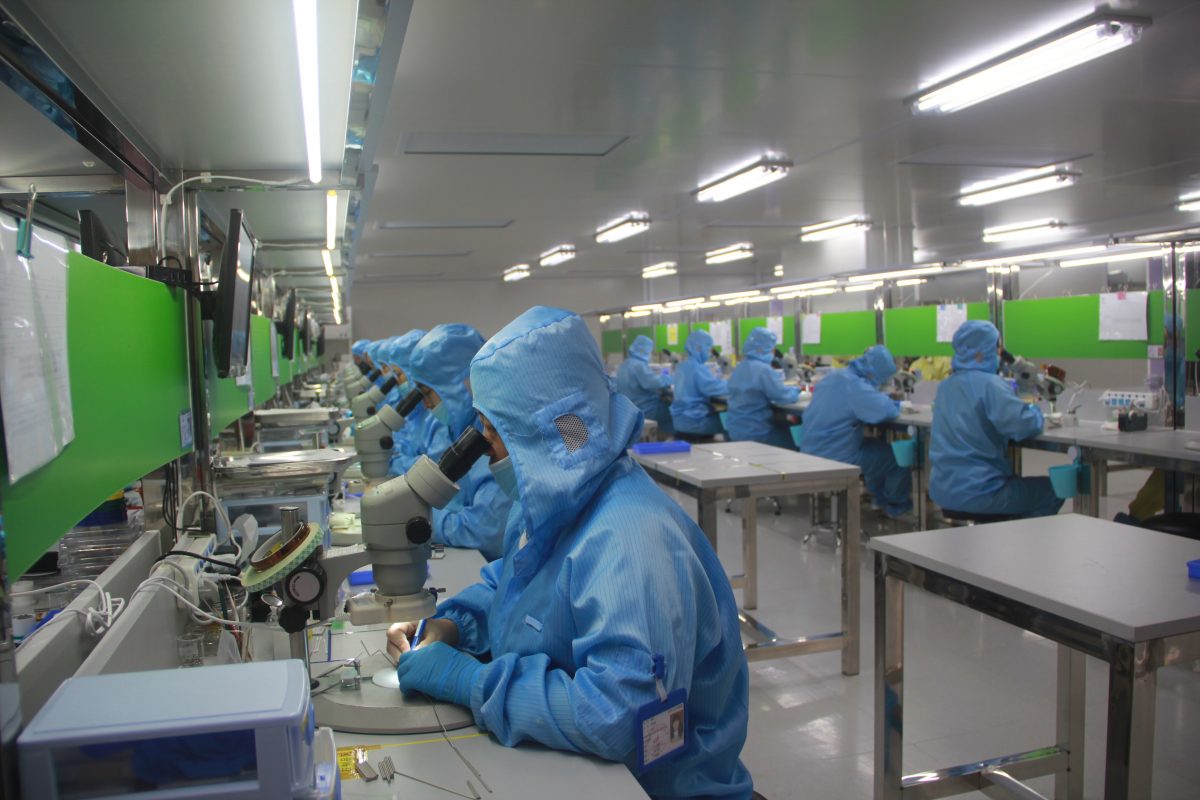The Covid-19 pandemic has profoundly disrupted the worldwide economy, particularly the restaurant sector. To face these challenges, the multi- and omni-channel approaches have been embraced by several firms, especially with the integration of mobile channels and social media. However, no research is conducted to investigate how this integration can be successful in times of crisis, such as pandemic.
Therefore, drawing upon the self-determination theory, the present study aims at addressing this research gap by exploring, from both the restaurant owners’ and customers’ perspectives, how an anti-food waste mobile app called Too Good To Go (TGTG) – the largest social case in Europe, is perceived as a strategic distribution channel in the time of pandemic.
Based on 18 in-depth interviews with restaurant owners and 22 with customers in Paris, findings highlight the success factors for restaurants to achieve their digital strategies. Theoretical and practical implications, and future research perspectives are presented.





